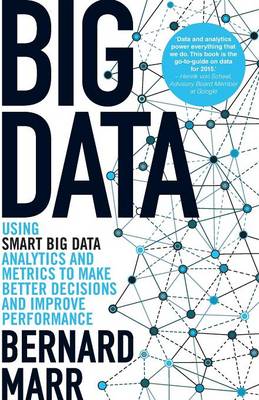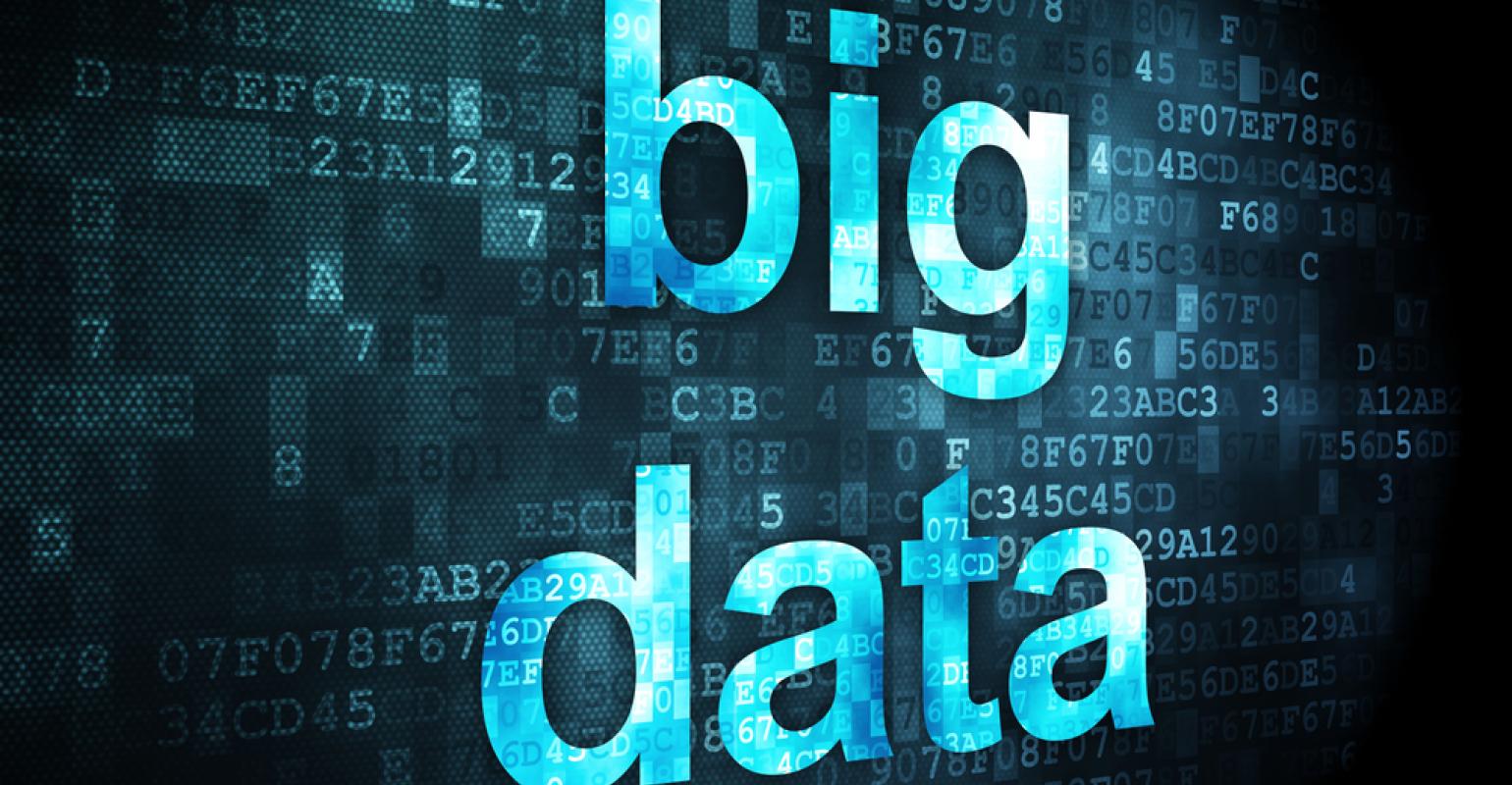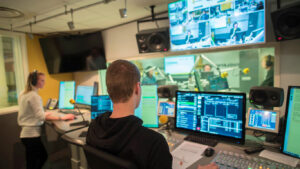 Bernard Marr, big-data guru and author of “Big data: using smart big data, analytics and metrics to make better decisions and improve performance” wrote a few days ago in Forbes:
Bernard Marr, big-data guru and author of “Big data: using smart big data, analytics and metrics to make better decisions and improve performance” wrote a few days ago in Forbes:
I firmly believe that big data and its implications will affect every single business and change how we do business, inside and out.
In this article, Marr expresses his strong belief that big data will profoundly change every business, from Fortune 500 enterprises to mom and pop companies. If you’ve read me before in here, you probably noticed that I agree with Marr that our industry, radio, will be also transformed by the usage of data.
Bernard Marr points at four ways data will have an impact on every business. Please let me do the exercise of applying Marr‘s observations to radio.
1. Data will become an asset to every business radio
Bernard says:
Even the smallest businesses generate data these days. If the business has a website, a social media presence, accepts credit cards etc., even a one-person shop has data it can collect on its customers, its user experience, web traffic, and more. This means companies of all sizes need a strategy for big data and a plan of how to collect, use, and protect it. This also means that savvy businesses will start to offer data services to even very small companies.
It also means that businesses and industries that never thought big data would be “for them” might be scrambling to catch up. Let me just make this as plain as possible: If you own or operate a business, and you have questions about how to improve that business, you have data, your data is an asset, and it can be used to improve your business. Simple as that.
My view in radio:
Every radio station streams online and has a mobile app nowadays. We need to start collecting, using and protecting data. That data will enable learning about the listeners’ behaviours and their user experience. It can – it should – be used to improve radio itself.
2. Big data will enable (radio) companies to collect better market and customer intelligence.
Merr:
Like it or not, the companies you do business with know a lot about you — and the quantity and diversity of what they know about you is increasing every year. Every company (from car manufactures who will monitor our driving to tennis racket manufacturers that know how often and how well we play) will get much better insights into what customers want, what they will use, what channels they use to buy, and so on.
Me:
True. How come radio stations are not even analysing listening behaviours to learn which songs not to play? (Well, we do)
3. It will improve internal efficiency and operations
Big data has the potential to improve internal efficiency and operations for almost any type of business and in many different departments. Data is breaking away from the IT department and becoming an integral part of every department in a company.
We can measure, analyse, evaluate everything is on air: hosts, content, music, format clocks. What about what is off-air? An example: measuring the return of an external marketing campaign with laser precision should have no difficulty. Radio can measure how many new listeners tune in during a TV campaign (and how many of them convert into usual listeners), or even how many commuters from a specific circuit of billboards become new listeners.
4. Data will allow companies radio stations to improve the customer listener experience and build big data into their product content offering
In the best of all possible worlds, companies will use the data they collect to improve their products and the customer experience.
As we invite more connected things into our lives — from smart thermostats to Apple Watches and fitness trackers — there will be more and more data, analysis, and insights that companies can sell back to consumers.
I don’t really need to re-word what Marr says. Just the corrections I made to the title of this bullet say all. Or as I, or the team at Voizzup, say again and again: data in radio enables continuous learning from actual listeners’ behaviours. That learning has the potential to transform into more engaging content and an improved listening experience.




